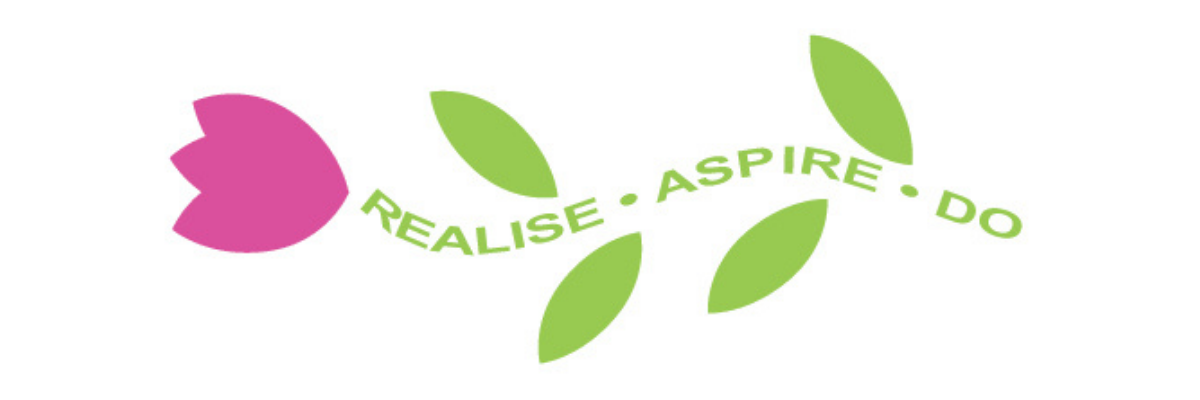
|
One of the positives of the pandemic is that there is no longer the monopoly on leadership due to position. Whoever leads, it is about supporting the team to deliver to the best of their ability. True leadership doesn’t require titles since many leaders take up the role when the situation requires it.
|
|
|
As Paolo Monachello states, and I couldn’t agree more, “leadership is about sharing intent around the goals and objectives for the team to make decisions to deliver them (https://j-w-c.co.uk/blog-display/297). This means empowering the team to feel safe to make decisions (http://j-w-c.co.uk/blog-display/288). Finally, a leader can be a servant, or a guest, and needs to be pragmatic, adaptable and unafraid to admit mistakes and change direction, especially when faced with new information.”

|
|
Last year, I was working with one of my large clients right at the start of the pandemic. We could not have been in a more volatile, unpredictable and uncertain world. My role was to lead and role model what this meant in a virtual world and to create that safe environment, physically and psychologically for all. My motto then, as it has been throughout my career, was about “doing the right thing for all - employees and the company, however hard it is and maybe not what the company has done before”.
I didn’t realise, until I read a recent article in Edge by Maria Gamb, that values-based leadership demonstrates traits such as acting with integrity, putting your ego behind you and making decisions for the good of all.

Maria Gamb defines this in more specific ways, with the “Four Bes”.
- Be of service - help other people to succeed
- Be a guardian - keep everyone’s ego in check - including your own
- Be generous - give freely to everyone, your attention and insights
- Be diligent - practise and promote fairness and equality in everything you do.
I think these “Four Bes” are great and really resonated with me.

For anyone who manages people:
Realise how these “Four Bes” could improve the effectiveness of your team;
Aspire to interweave gratitude in all your interactions, tangibly acknowledging other people, particularly their contributions in testing times; and
Do build a culture of learning and development in your team; one that ensures people can make mistakes without fear of repercussion and discuss the learnings from it.





